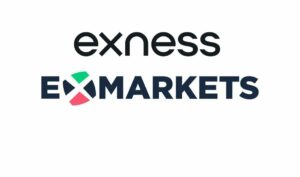Exness is a global online forex and CFD broker that provides a variety of account types, services, and features for its users. One of the key considerations for anyone engaging in forex or CFD trading is understanding the cost structures associated with trading. These fees directly impact profitability, making it essential to be fully aware of them before committing to an account. Exness strives to offer transparent and competitive fees, but understanding the various costs in detail is critical for any trader looking to make informed decisions.
Spreads and Commissions
Exness operates under a transparent pricing model, offering different types of accounts that come with their own spread and commission structures. The exact fees depend on the account type chosen by the trader. Let’s take a closer look at each type:
Standard Accounts
- Spread: Traders using standard accounts can expect variable spreads, which depend on market conditions. These spreads typically start from 0.3 pips for major currency pairs, like EUR/USD.
- Commissions: Standard accounts do not carry additional commissions. The cost of a trade is solely reflected in the spread, which can vary depending on volatility.
Raw Spread Accounts
- Spread: As the name implies, Raw Spread accounts provide traders with the tightest spreads, which can start as low as 0.0 pips. This is ideal for active traders who require ultra-low spreads to execute their strategies effectively.
- Commissions: However, Raw Spread accounts come with a commission per trade. This commission is typically calculated based on the trading volume. For instance, the commission for each round-trip trade is calculated as a fixed fee per lot traded.
Zero Accounts
- Spread: Zero accounts offer slightly higher spreads compared to Raw Spread accounts but still provide extremely competitive pricing.
- Commissions: These accounts charge a higher commission than Raw Spread accounts, but in exchange, traders get access to very tight spreads. It’s particularly beneficial for those who are executing high-frequency trades.
Exness provides a range of pricing models for various traders, allowing them to choose between low-spread options with commissions and spreads that include no commission but higher spread costs. Depending on your strategy and trading style, the right choice of account can significantly lower your overall trading costs.
Swap Fees (Overnight Financing Costs)
One of the most common costs incurred in forex and CFD trading is the swap, or overnight financing cost. This fee is charged for holding positions overnight and depends on the asset being traded, the size of the position, and the direction of the trade.
Exness offers swap-free accounts as well, which are particularly popular among traders who follow Islamic finance principles and cannot engage in transactions that involve interest. Traders in such accounts will not be charged swaps or overnight financing fees.
For traders who are not using a swap-free account, these fees can either be positive or negative, depending on the currency pair and market conditions.
- Negative Swaps: If the trader is paying more in interest for the currency they’re holding than the interest they’re earning on the currency they’re shorting, they will incur a negative swap fee.
- Positive Swaps: On the other hand, if the interest rate on the currency you are holding is higher than the one you’re shorting, you may earn a positive swap.
Exness displays swap fees clearly on the trading platform, which makes it easy for traders to calculate costs in advance.
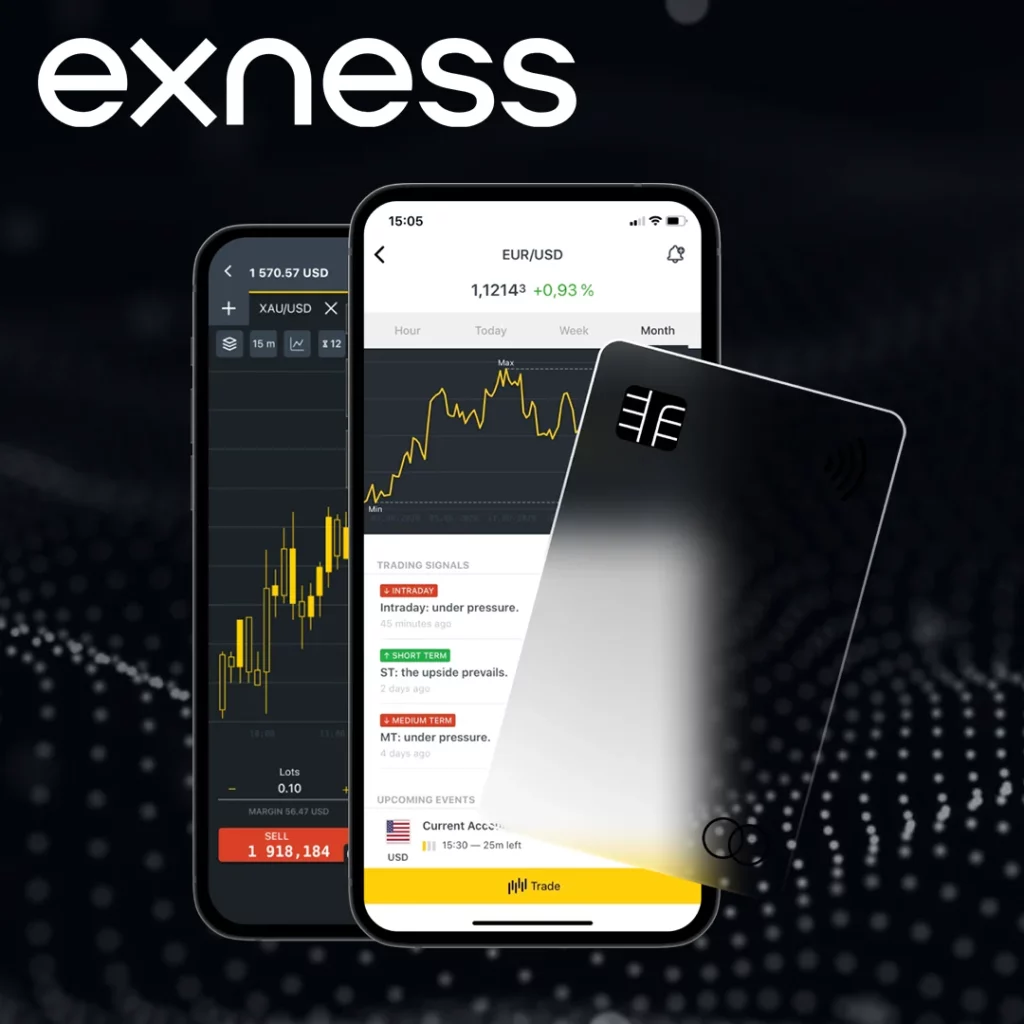
Deposit and Withdrawal Fees
When trading, it is important to understand the costs associated with moving money in and out of your trading account. Exness has designed its deposit and withdrawal process to be as straightforward and cost-effective as possible.
Deposits
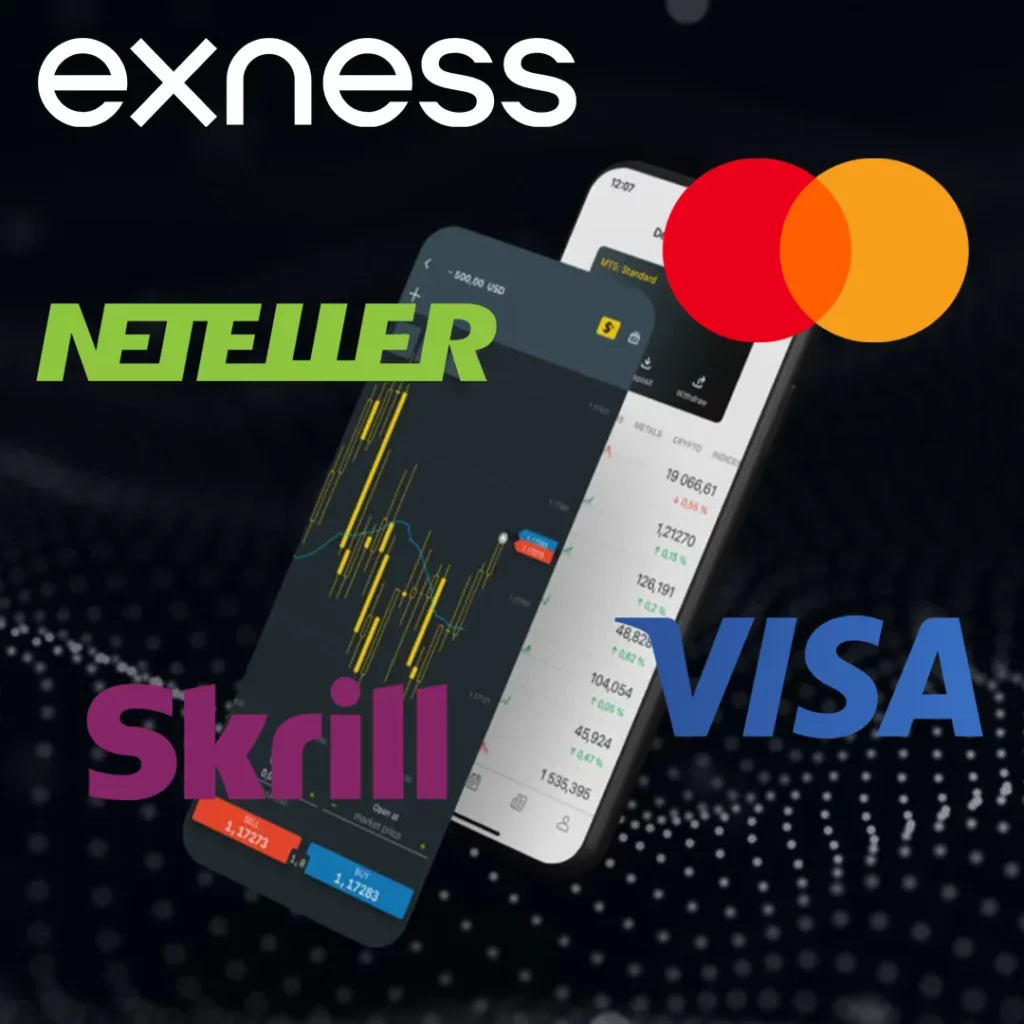
- Fees: Exness typically does not charge fees on deposits, regardless of the method used. Whether traders deposit via bank cards, e-wallets, or cryptocurrencies, the broker absorbs the fees, making it easier for traders to fund their accounts.
- Processing Time: Deposits are processed instantly, except in cases where bank transfers are used. Some payment methods like Visa/Mastercard or Skrill allow for immediate deposit processing.
Withdrawals
- Fees: As with deposits, most payment methods used for withdrawals are free of charge. However, there may be third-party charges depending on the payment processor chosen. For example, bank wire transfers might have a fee attached, depending on the financial institution.
- Processing Time: Exness is known for offering quick withdrawal processing, and for most e-wallets (like Neteller, Skrill, or Perfect Money), withdrawals can be processed instantly. Bank withdrawals, however, can take up to 1-5 business days, depending on the method.
It’s important to verify whether any third-party fees are applicable, as Exness ensures that no additional charges are applied from their end, but processors like PayPal or banks may charge fees.
Inactivity Fees
If an Exness account remains inactive for a specific period of time, the broker charges an inactivity fee. This fee is implemented to cover administrative costs associated with maintaining dormant accounts. Exness clearly communicates the terms and conditions around inactivity fees, which ensures that traders are well aware of the consequences of leaving their accounts idle.
To avoid these charges, traders must either execute trades or log in regularly to their accounts. If there is no trading activity for over 90 days, Exness will begin charging a monthly inactivity fee. This fee is modest but still important to be aware of.
Currency Conversion Fees and Other Hidden Costs
Currency conversion is another potential cost for Exness traders. If a trader’s account is denominated in a specific currency, but the trade is executed in another currency, a currency conversion fee may apply. This is particularly relevant for traders who use payment methods or accounts in currencies different from their trading account.
- Conversion Costs: The conversion fee is typically calculated based on the spread applied to the exchange rate. This spread can vary depending on the pair of currencies involved, so traders should consider this cost when trading currencies that require conversion.
While Exness is transparent about its pricing models, traders should always be mindful of additional costs that might be hidden in the spread, especially when trading cross-currency pairs.
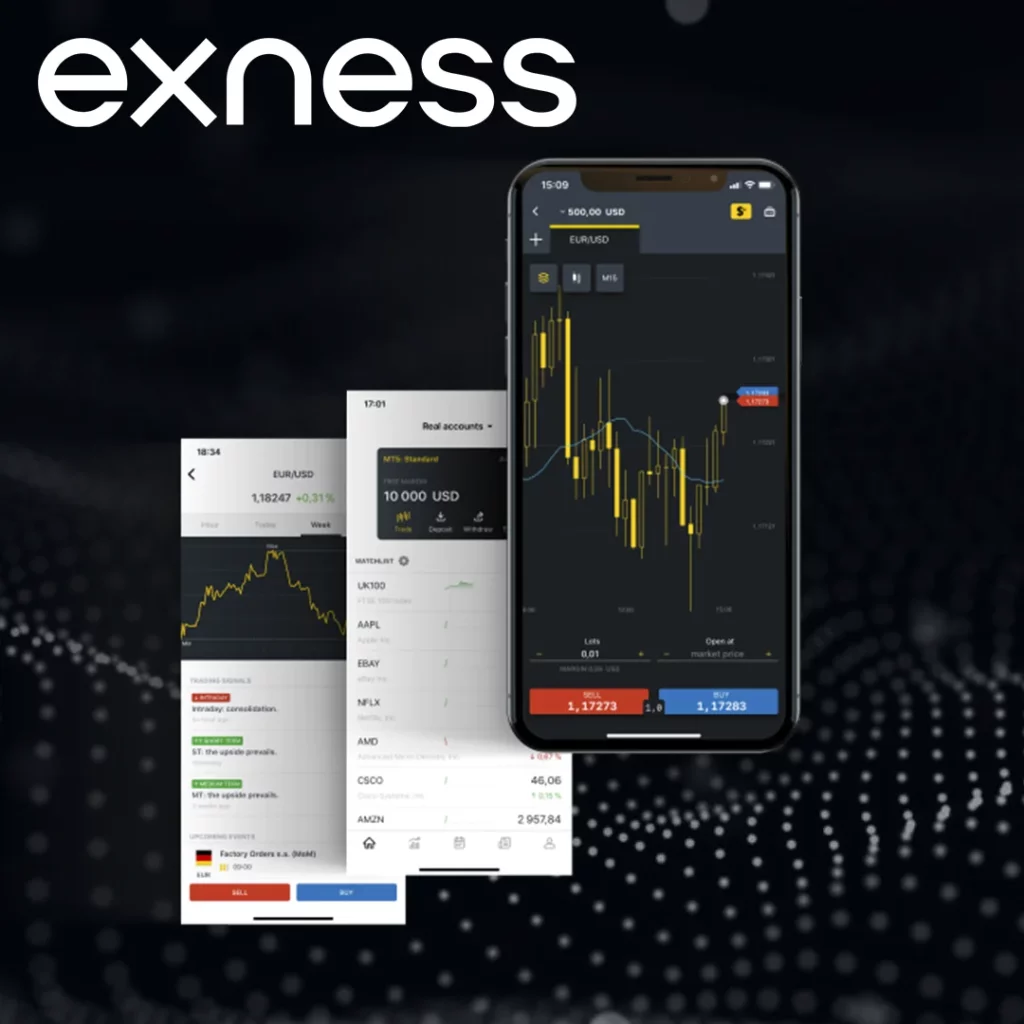
Leverage Costs
Exness provides one of the highest leverage ratios available in the forex industry, offering up to 1:2000 leverage on certain account types. This means that for every dollar of capital you have, you can control up to 2000 dollars worth of positions. Leverage, however, does not come without risk. High leverage can amplify both profits and losses, making it essential to manage risk effectively when using such high ratios.
Leverage is particularly useful for traders who wish to take larger positions with smaller capital outlay. However, it is essential to understand that while leverage does not add a direct cost to the trade, it does increase the potential for rapid gains or losses, making proper risk management even more critical.
Additional Charges
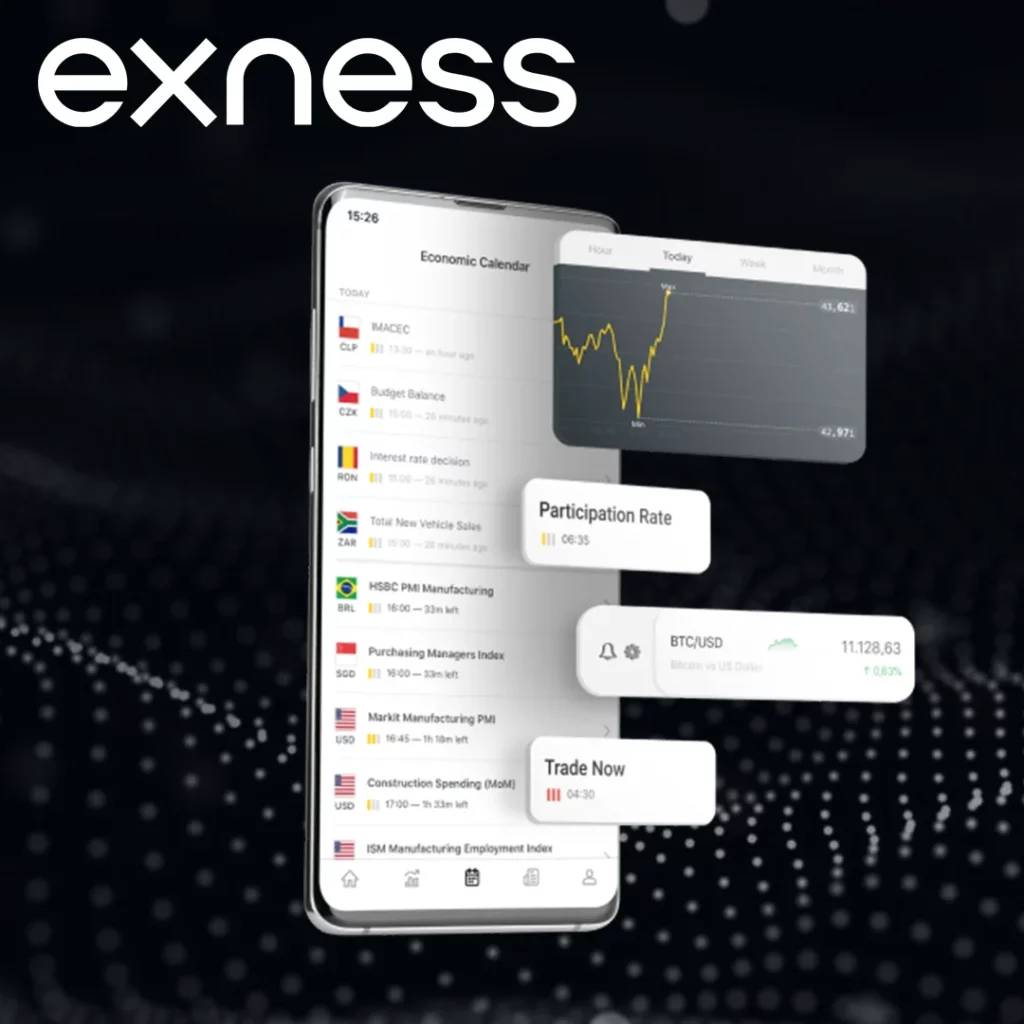
While Exness provides a competitive and transparent pricing structure, traders should also be aware of additional costs that might come into play depending on the services used.
Partner and Affiliate Program Fees
Exness offers commissions to its partners, including affiliates, who refer new traders to the platform. These commissions are based on the referred traders’ activities. The commissions vary based on the type of account and volume of trading done by the referred client.
Account Termination Fees
Although rare, if a trader decides to close their Exness account, there may be administrative costs involved. Exness generally outlines this process in its client agreement, and any fees associated with the termination of an account will be communicated upfront.
Conclusion
Exness remains a strong choice for traders due to its transparency and commitment to offering competitive pricing. Whether traders are looking for low spreads, minimal deposit/withdrawal fees, or the ability to trade with high leverage, Exness ensures that each aspect of the cost structure is easy to understand. The broker’s flexibility with account types and low-cost deposit/withdrawal options provides an excellent opportunity for traders of all levels.
Understanding Exness fees is essential to crafting an effective trading strategy. Traders should carefully assess each fee type—spreads, commissions, swap fees, and more—so they can manage costs effectively. By choosing the right account type and payment methods, traders can minimize costs and maximize their chances of success in the competitive forex and CFD markets.

Trade with a trusted broker Exness today
See for yourself why Exness is the broker of choice for over 800,000 traders and 64,000 partners.
FAQs
What are the spreads at Exness?
Exness offers different spreads depending on the account type. Standard accounts have variable spreads starting at 0.3 pips, while Raw Spread accounts offer tighter spreads, starting from 0.0 pips, but with a commission. Zero accounts also provide low spreads with a slightly higher commission.


